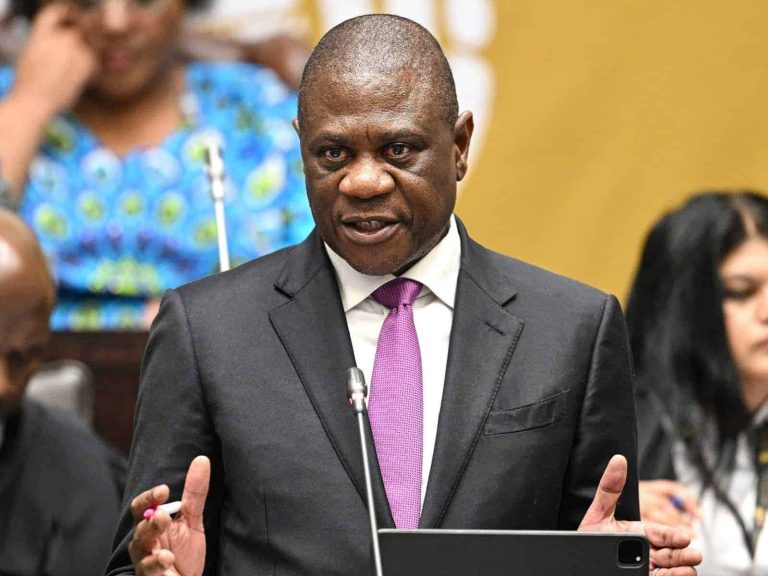
The National Pension Commission (PenCom) has announced a new regulation requiring that at least 50 percent of infrastructure investment funds be allocated to projects domiciled in Nigeria.
The directive was outlined in a circular titled ‘Revised Regulation on Investment of Pension Fund Assets’, issued on Wednesday. PenCom emphasized that pension funds invested through infrastructure funds must meet several specific conditions to ensure transparency, accountability, and sound management.
Among the key requirements, PenCom stated that infrastructure funds must have a minimum value of N20 billion and well-defined investment objectives and strategies. All annual financial statements of the fund must be audited by independent firms registered with the Financial Reporting Council (FRC).
Funds are also required to have clear liquidity or exit routes, such as Initial Public Offerings (IPOs), trade sales, or sales to strategic investors, to provide flexibility to pension fund administrators (PFAs).
Experienced fund managers, registered with the Securities and Exchange Commission (SEC), must oversee these funds. The CEO and Chief Investment Officer of each fund manager must have at least 10 years of continuous experience in infrastructure financing or investment management.
An ‘exit clause’ requires key principals not to exit the fund without giving PFAs at least 90 days’ prior notice.
Where funds lack eligible sovereign wealth or multilateral development finance partners, the fund manager must retain a minimum investment of 3% of the infrastructure fund. If such partners are involved, the retention requirement is at least 1%.
PenCom also mandated the establishment of an advisory board for each infrastructure fund, comprising mostly independent representatives of limited partners. This board is tasked with overseeing audit functions and ensuring compliance with investment policies throughout the life of the fund.
In August, PenCom spokesperson Ibrahim Buwai announced plans to review the share of pension funds allowed to be invested in infrastructure and private equity, with the aim of boosting returns on retirement savings.



